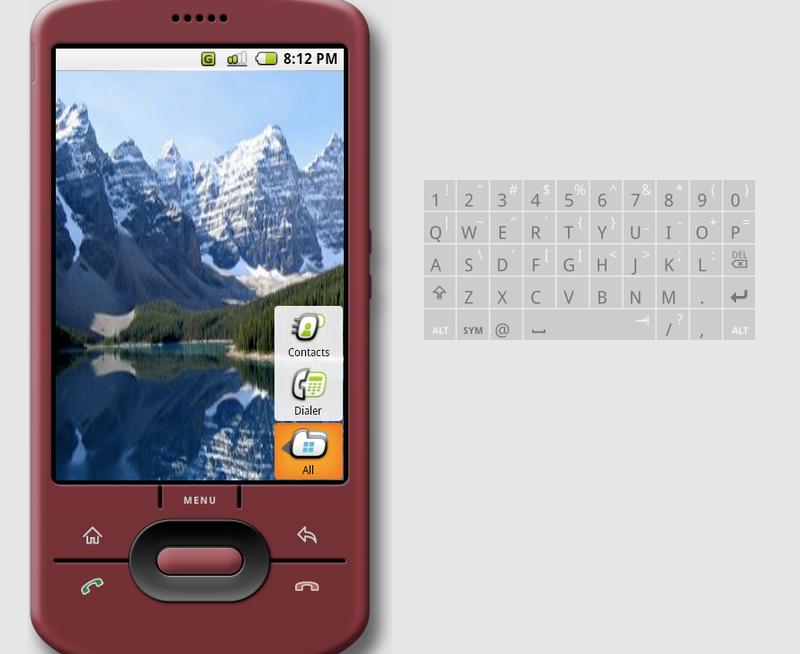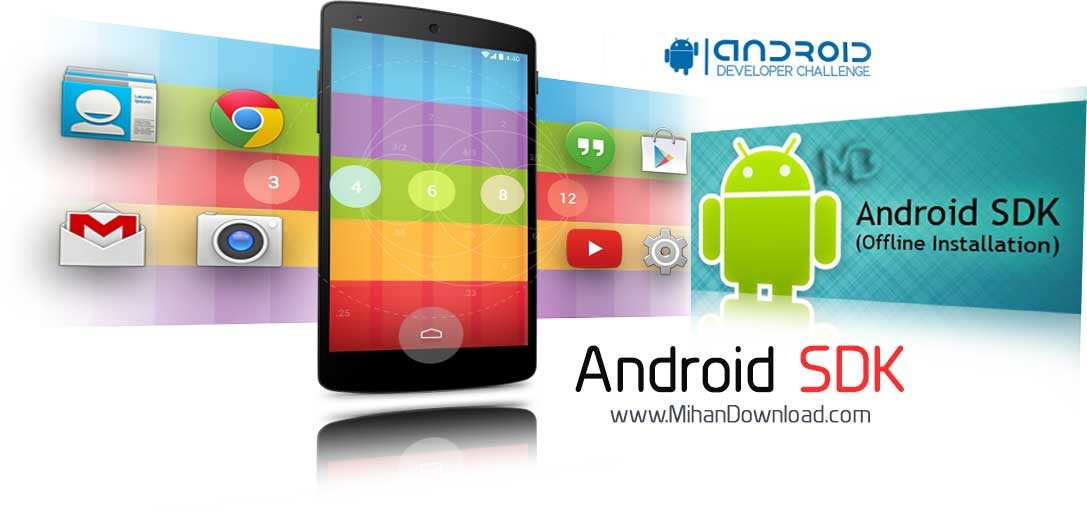
For more information, see Supported dependency versions. Warning: Unity only officially supports versions of the OpenJDK, SDK, or NDK that it supplies through the Hub.


You should use the Unity Hub to install Android SDK & NDK tools and OpenJDK to ensure that you receive the correct versions and configurations. Unity installs Android SDK & NDK Tools and OpenJDK respectively in the SDK, NDK, and OpenJDK folders under /Unity/Hub/Editor//Editor/Data/PlaybackEngines/AndroidPlayer/. Unity Hub displaying the three dependency modules. To an existing install, see Add modules.At install time, see Downloading and installing Editors and modules with the Unity Hub.You can install them either when you install a new Unity Editor version, or add them to an existing Unity Editor install. Unity distributes dependencies as modules which means you use the Unity Hub to install them. By default, Unity uses OpenJDK.īefore you get started, check Unity’s Requirements and compatibility documentation for Android to make sure you’re aware of any limitations for developing a Unity application for Android. The Android Software Development Kit (SDK).

To support Android, a Unity project requires the following dependencies: To create a Unity application for Android, you first need to set up your Unity project to support Android.


 0 kommentar(er)
0 kommentar(er)
